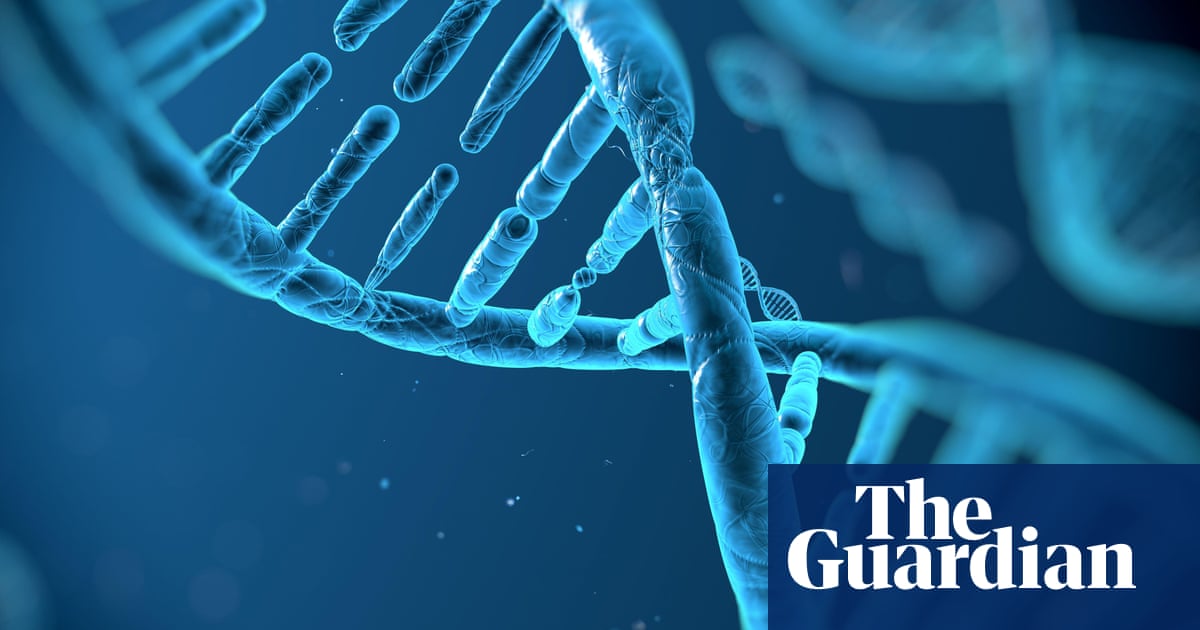Researchers are embarking on an ambitious project to construct human genetic material from scratch to learn more about how DNA works and pave the way for the next generation of medical therapies
As dawn breaks over the picturesque city of Cambridge, the hum of scientific ambition fills the air. In laboratories bustling with activity, a team of researchers is gearing up to embark on an audacious quest: constructing human genetic material from scratch. This endeavor, under the banner of the Synthetic Human Genome (SynHG) project, seeks to unravel the intricate workings of DNA, with implications that could reshape the future of medicine.
Decoding the Blueprint of Life
For decades, scientists have made great strides in reading the genetic code that governs all life forms. The announcement of the human genome’s first draft 25 years ago heralded the dawn of a genetic revolution. However, while technologies for reading genomes have swiftly advanced, “writing” them—essentially reversing the process—has remained a formidable challenge. This is where the SynHG project, spearheaded by Professor Jason Chin at the MRC’s Laboratory of Molecular Biology, emerges.
Chin and his team aim to develop tools and methodologies to construct long sequences of human genetic code in a laboratory setting. These synthetic strands will be inserted into living cells, allowing researchers to observe how the code functions in real time. “The information gained from synthesising human genomes may be directly useful in generating treatments for almost any disease,” Chin stated, underscoring the project’s vast potential.
The Genetic Landscape
At the heart of this endeavor lies the complexity of the human genome, which comprises more than 3 billion base pairs. For comparison, the recently synthesized genome of the E. coli bacterium contains merely around 4.5 million base pairs. “If you think about the human genome, it’s more than just a set of genes on a string,” explains Dr. Julian Sale, a group leader at the LMB. “There’s an awful lot of the genome, sometimes called the dark matter of the genome, that we don’t know what it does. The idea is that if you can build genomes successfully, you can fully understand them.”
- Understanding Genetic Function: By constructing human sequences, researchers will interrogate gene interactions and regulatory mechanisms.
- Designing Novel Therapies: Insights gleaned could lead to treatments for autoimmune diseases or chronic viral infections.
- Ethical Considerations: The exploration of social and ethical dimensions is embedded within the project framework.
Collaborative Efforts Across Institutions
The SynHG project is not a solitary endeavor but a collaborative effort among distinguished institutions, including the universities of Cambridge, Kent, Manchester, Oxford, and Imperial College London. Each institution contributes unique expertise, creating a multidisciplinary team capable of tackling the myriad challenges presented by the project.
Alongside the scientific inquiry, a parallel research initiative explores the ethical implications of synthesizing human genomes, led by Professor Joy Zhang at the University of Kent. “We’re a little way off having anything tangible that can be used as a therapy, but this is the time to start the discussion on what we want to see and what we don’t want to see,” Sale adds, reinforcing the importance of such dialogues.
Future Therapeutics and Ethical Dilemmas
Professor Iain Brassington, an ethics researcher at the University of Manchester, acknowledges the exciting prospects that may emerge from the SynHG project. “While real-world applications are some way off, the work could lead to synthetic versions of mitochondria,” he explains. This advancement could enable mothers who carry mitochondrial diseases to conceive without the hereditary risks currently posed to their children.
However, the technology is not without its risks. Brassington notes the hypothetical scenario of engineering bacteria with synthetic genomes to digest petrochemicals, which could help alleviate environmental crises. “While it could be incredibly beneficial, we must handle such innovations with extreme caution. If such organisms were to escape into the wild, it could cause catastrophic ecological consequences,” he warns.
The Spectre of Genetic Manipulation
Adding another layer to the ethical discourse, the possibility of “designer babies” looms large. The technology could enable parents to select specific traits for their offspring, raising questions about genetic ownership and control. In a more unconventional outlook, Brassington raises concerns around celebrities potentially licensing parts of their genome, leading to unprecedented social dynamics.
“Imagine a scenario where a man discovers he is the ‘genetic’ parent of a child he never knew about,” he reflects. “This could happen, of course, but SynDNA allows us to envision a situation in which someone’s DNA could be used to conceive a child without any cellular contribution from that individual.”
That said, Brassington maintains a cautious optimism regarding these futuristic scenarios. “Generally, I think the concerns about designer babies all rely on some fairly far-fetched technology. I’m not going to lose too much sleep over them,” he concludes, emphasizing the need for careful regulation and ethical oversight as these technologies develop.
As the SynHG project unfolds over the next five years, the scientific community stands on the brink of a new era—one where the deconstruction and reconstruction of the human genome could lead to revolutionary therapeutic advancements. The implications reach far beyond medicine, seeping into ethical considerations and societal norms, compelling us as a global society to reflect deeply on the boundaries we are willing to cross in our quest for understanding the very essence of life.
Source: www.theguardian.com


